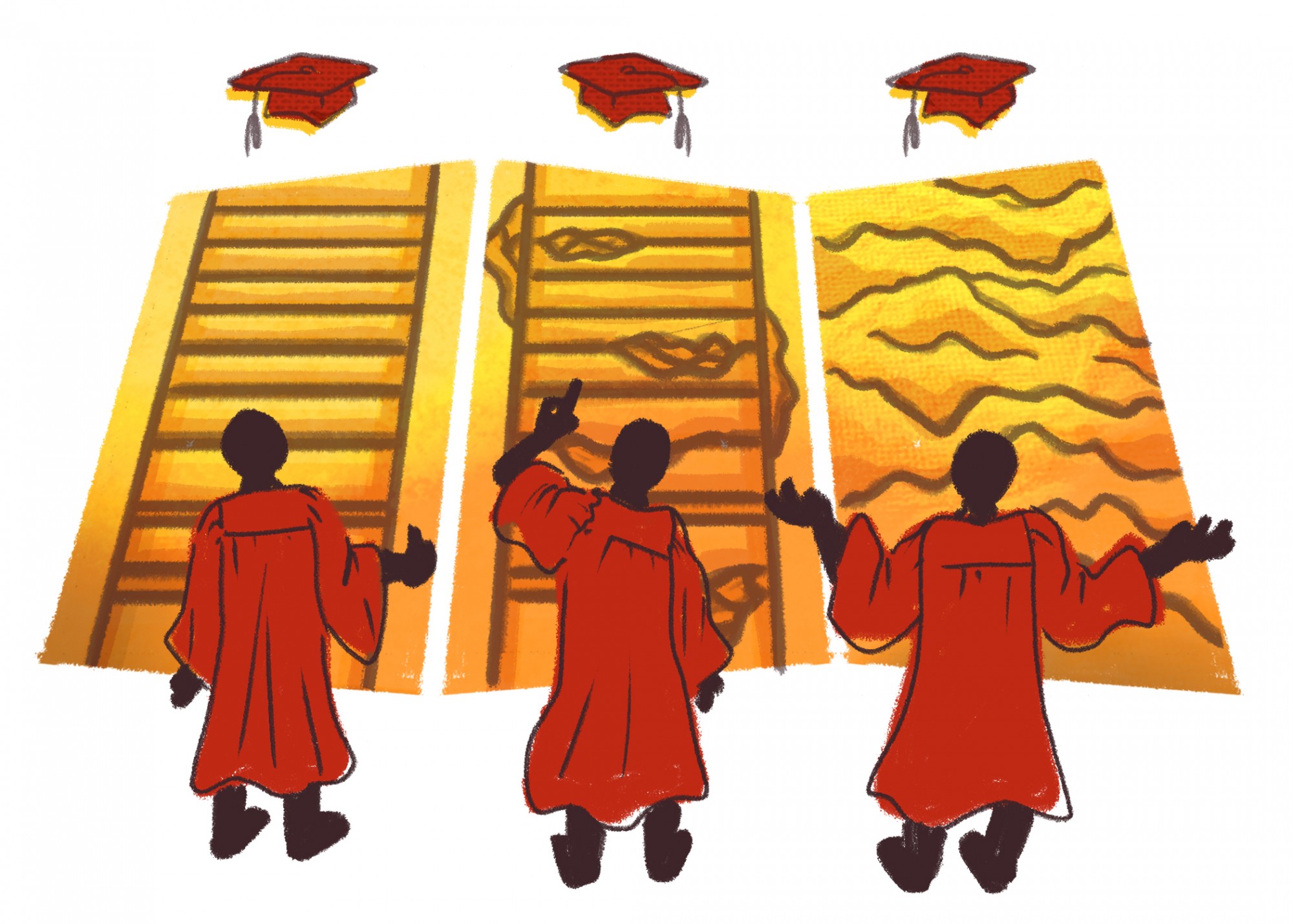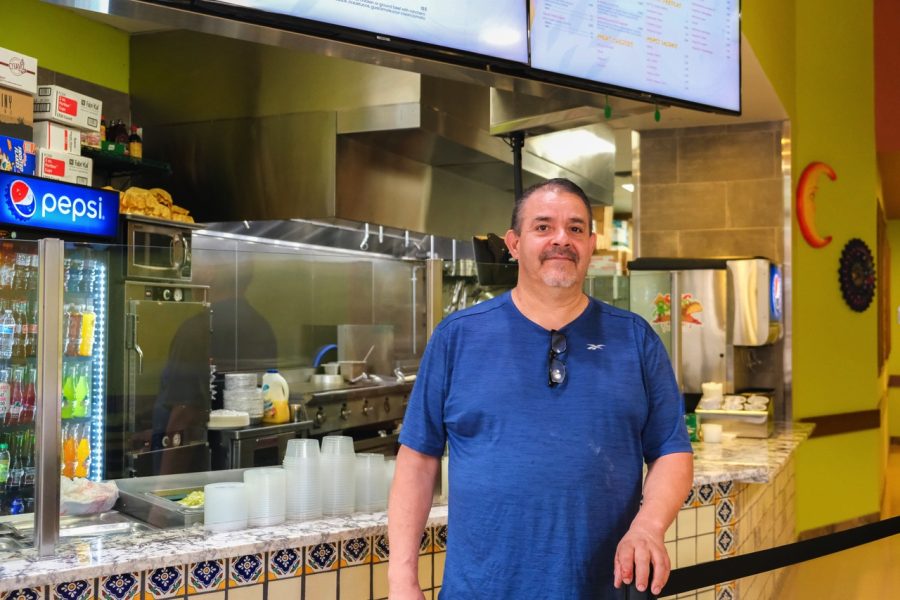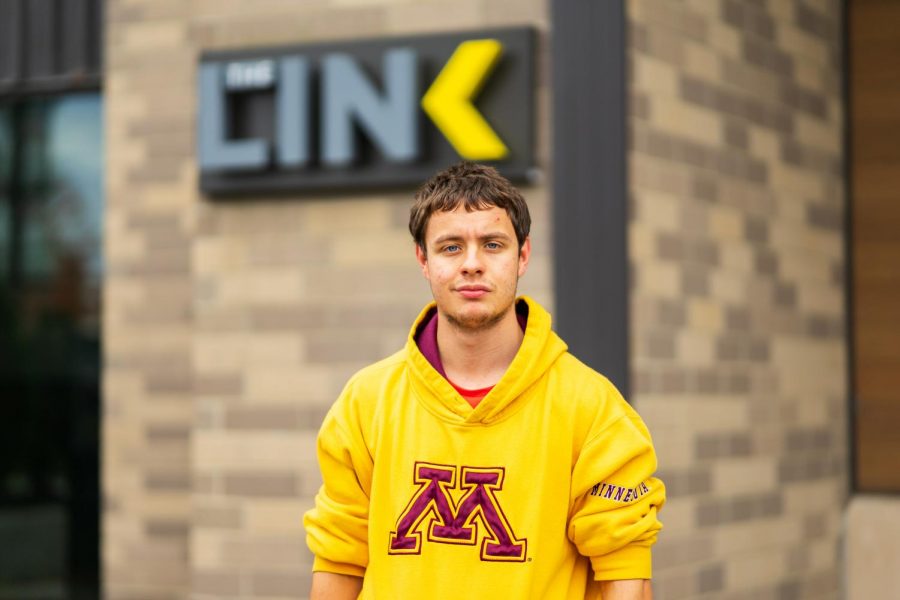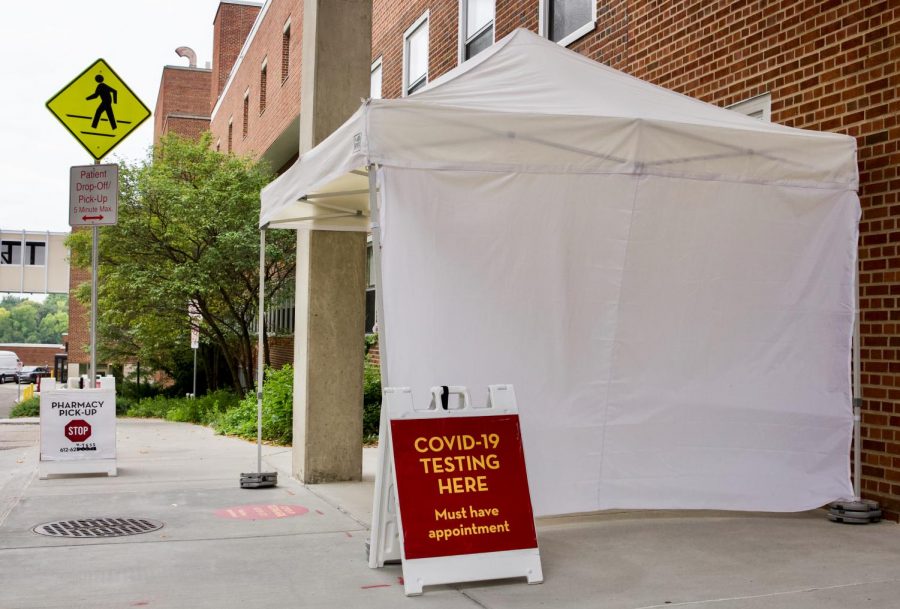Graduate and professional students face disparities and added financial hardships based on first-generation status, caretaking responsibilities of family members and social class, according to new data.
More than 7,500 graduate and professional students at five large public research universities participated in the annual Graduate Student Experience at the Research University survey. The results, published in mid-June, included students’ experiences with navigating the COVID-19 pandemic.
Some graduate and professional students say they hope University of Minnesota officials gain insight from the GradSERU results to inform decision-making for the upcoming semester in light of the pandemic.
Krista Soria, a senior analyst for the University’s Office of Institutional Research, said the purpose behind the GradSERU COVID-19 survey is to honor the different disruptions of student lives’ and provide institutions the tools to inform decision-making.
“The University of Minnesota can benefit from the analysis that we’ve conducted so far from other schools, because the schools that we administer it to are like the University of Minnesota,” Soria said. “They’re public research institutions, they’re about the same size … so there’s a lot that we can take from what we’ve already done so far.”
Graduate and professional students who are the first person in their family to attend a four-year college or university to attain a bachelor’s degree, or first generation students, were significantly more likely to experience unexpected financial increases. A quarter of total respondents identified as first-generation students.
Thirty-one percent of first-generation students responded that other family members experienced a loss or reduction of income compared to 21% of their peers.
Unlike undergraduate students, graduate and professional students were more likely to experience “other” barriers to transition to online learning such as serving as an adult caretaker or a lack of childcare. Eighteen percent of respondents were responsible for adult caretaking.
“Most notably, students who were responsible for caring for adults were twice as likely to experience a loss or reduction of income from other family members, loss or reduction in insurance coverage, loss or reduction of grant aid, and loss or reduction in student loan aid,” according to GradSERU results.
Tai Do, a graduate student in the Department of Educational Psychology and a research assistant, became a caregiver to his parents from a safe distance during the pandemic. He said the survey questions resonated with him because they had an exhaustive list of choices for him to include his identity and personal experiences.
“It’s really great that it’s captured in the GradSERU … the part about if the student is a caregiver in any way, not only traditionally a caregiver, like a parent to child. For instance, I’m Vietnamese and first-generation, so during the COVID-19 pandemic, I have to become even more of a caregiver than I was already to my parents,” Do said. “I think aspects like that really capture the underrepresented experiences part of students’ experiences.”
Further, Do said he hopes University officials are more open to not operating as “business as usual” in the fall, and that they reflect on the changes and added stress that graduate and professional students reported experiencing.
By the fall semester, graduate and professional students say they hope to see changes addressing the results of the survey. Ashley Hufnagle, a third-year doctoral student and teaching assistant said she took social interactions for granted from her days on campus.
“In a time when we are all experiencing uncertainty and disruption, even if, individually, we don’t have the answers, as educators, we do have the unique opportunity to demonstrate genuine care,” said Hufnagle, referring to University officials in an email to the Minnesota Daily. “After all, we’re all grappling with the same sense-making challenge … And as a student, I can say these types of efforts do not go unnoticed.”














